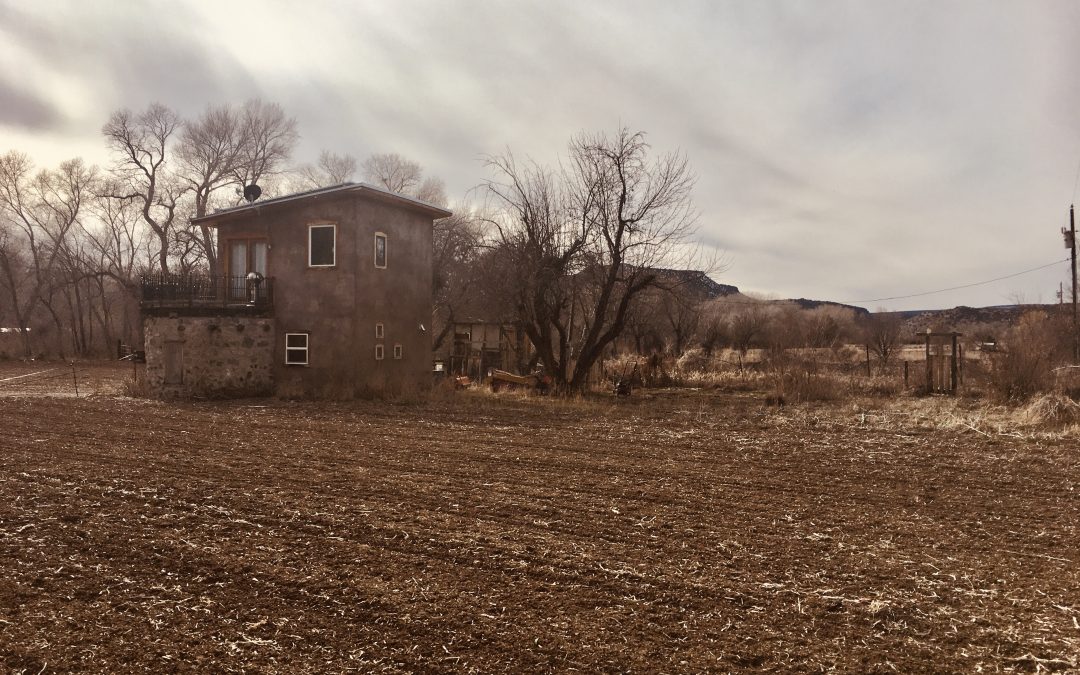
by radiocafe | Mar 31, 2020 | Down to Earth, Food & agriculture, New Mexico, Politics
Farmer and writer Stanley Crawford got involved in a legal action that challenged a huge firm that wasn’t paying duties, and was “dumping” garlic onto the US market. What was supposed to take one year turned into a multi-year drama that is still ongoing.
Learn more …
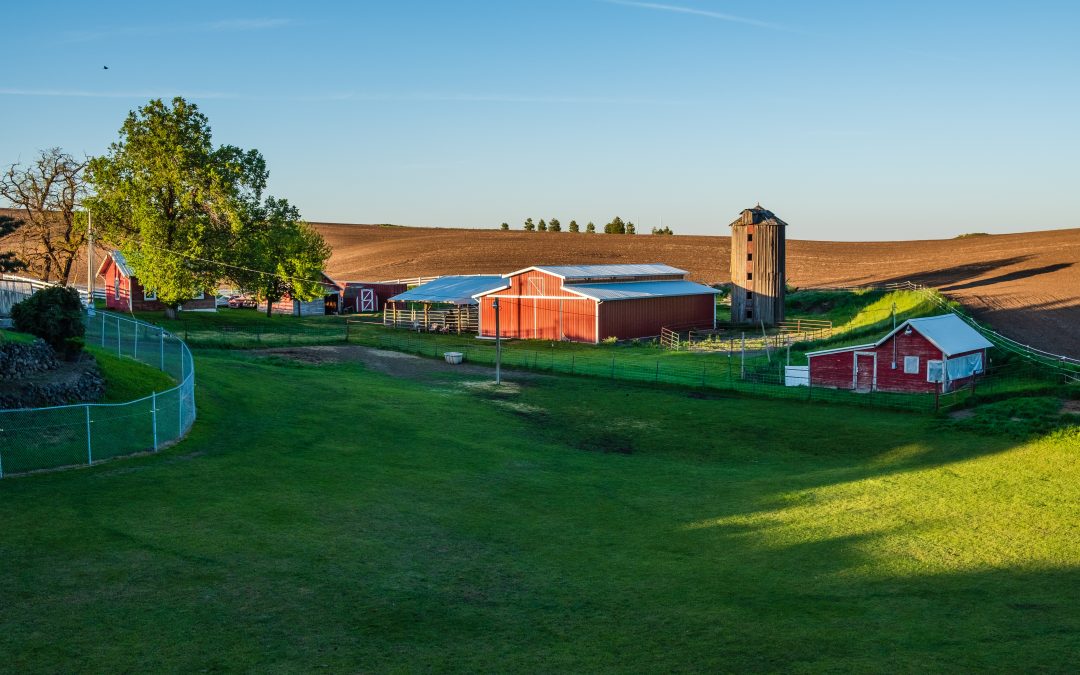
by radiocafe | Mar 17, 2020 | Activism, Books, Down to Earth, Environment, Food & agriculture, Politics
Ronnie Cummins analyzes what’s not working about our food system and lays out a blueprint for change — while reminding us that regenerative agriculture is ultimately a necessity.
Learn more …

by radiocafe | Dec 30, 2019 | Activism, Books, Environment, Politics, Santa Fe New Mexican
Is our society evolving, or eroding, or both? We talk with deep thinker, activist, and prolific author Terry Tempest Williams‘ about her new book of essays, Erosion: Essays of Undoing.
Learn More & listen …
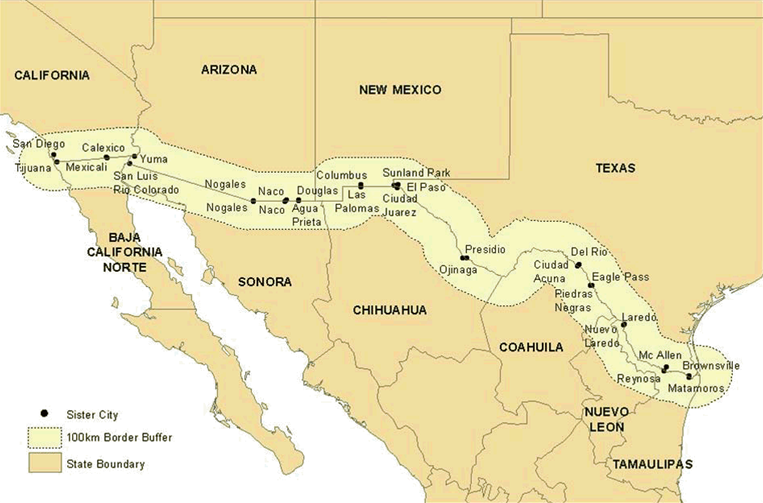
by radiocafe | Dec 19, 2019 | Books, New Mexico, Politics, Race/class/gender, Santa Fe New Mexican
Historian C.J. Alvarez tells the history of the border through it many building projects — designed both to keep people (and cattle) out of the US and to facilitate the flow of commodities in both directions.
Learn More & listen …

by radiocafe | Dec 16, 2019 | New Mexico, Politics, Santa Fe New Mexican
Most New Mexicans have little or no savings when they retire, and Social Security won’t be enough to cover even the basics. Think New Mexico’s Fred Nathan talks about some straightforward proposals that would change that.
Learn More & listen …

by radiocafe | Dec 13, 2019 | Activism, Environment, New Mexico, Politics, Santa Fe New Mexican
This wolf was almost extinct due to a decades-long anti-predator program, but since the passage of the Endagered Species Act, the species has come back–but with opposition, politics, and poaching. US Fish and Wildlife Service biologist Dave Parsons tells the story.
Learn More & listen …

by radiocafe | Dec 3, 2019 | Activism, Books, Politics, Santa Fe New Mexican
What do you do if you see illegal, unethical, or wasteful activities in your government job? If you speak out what will happen–to those at fault, and to you? Political scientist Allison Stanger‘s new book recounts a history of whistleblowers and what’s at stake today.
Learn more & listen …
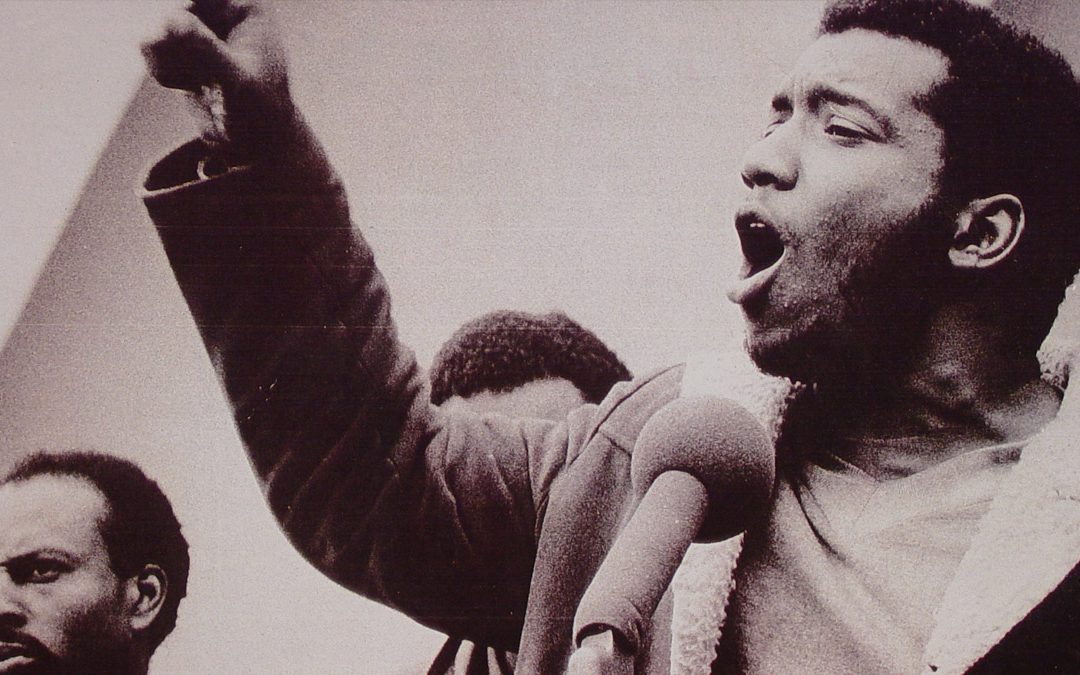
by radiocafe | Nov 23, 2019 | Activism, Books, Politics, Race/class/gender, Santa Fe New Mexican
Fred Hampton was a young, charismatic, and brilliant leader in Chicago’s black community when he was gunned down by the police. We talk to Hampton’s attorney and biographer Jeffrey Haas, on the 50th anniversary of Hampton’s death.
Learn more & listen …
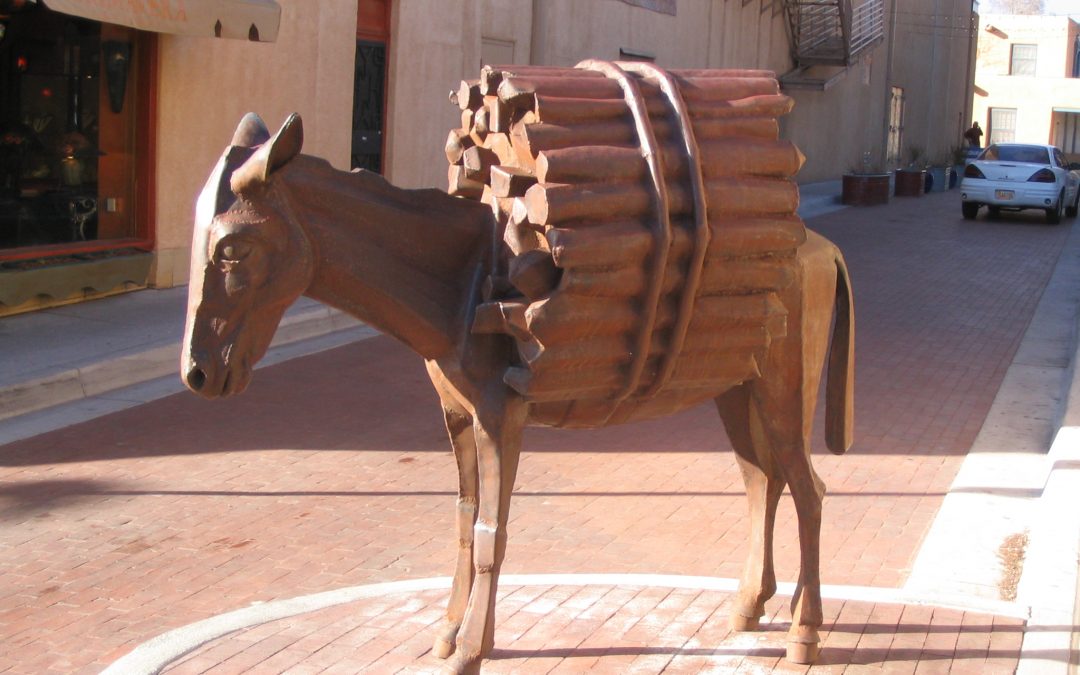
by radiocafe | Oct 28, 2019 | New Mexico, Politics, Santa Fe New Mexican
We talk to Santa Fe City Council Candidates for districts 2 and 4. Districts 1 and 3 have uncontested races this year. Find out what drives the candidates, where they stand on the issues, and what their vision is for the city.
Learn more & listen …
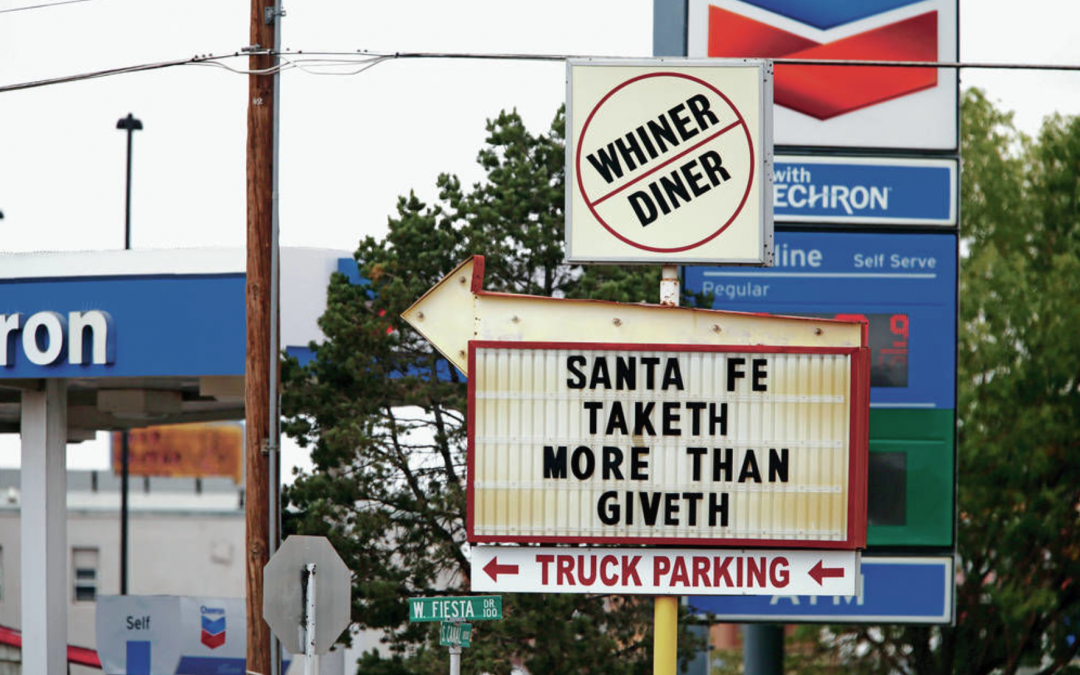
by radiocafe | Oct 24, 2019 | New Mexico, Politics, Santa Fe New Mexican
The fossil fuel boom comes with costs–high housing prices, inadequate infrastructure, workers in “man camps,” and environmental issues. Santa Fe New Mexican reporter Jens Erik Gould reports
Learn more & listen …










